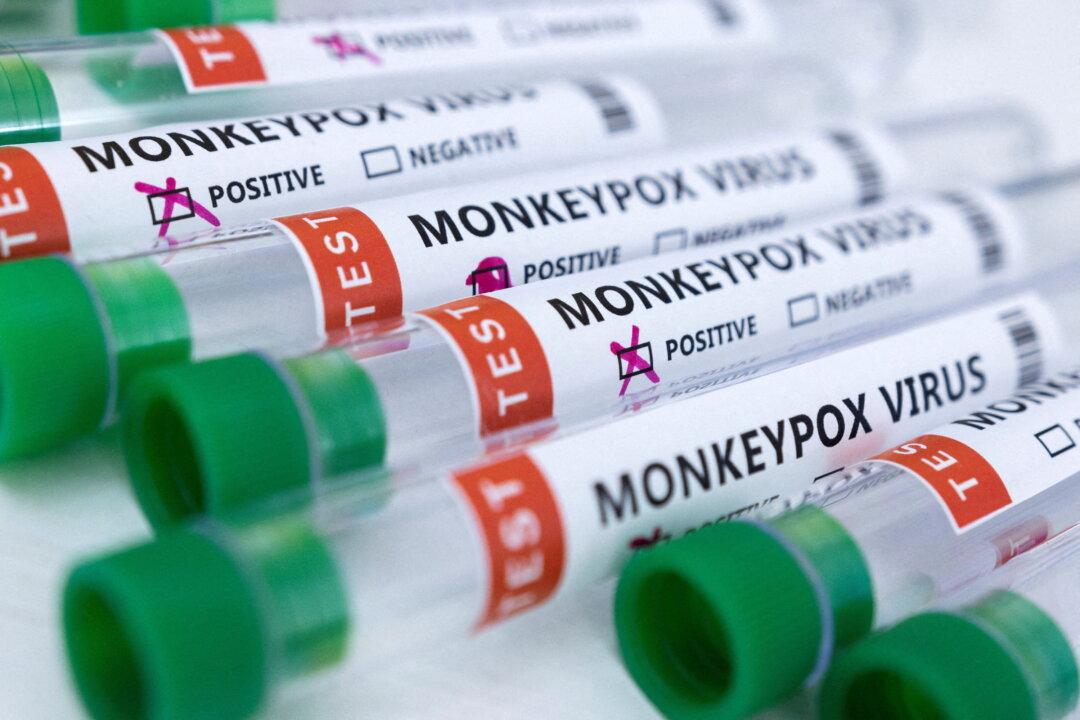Monkeypox has been made a notifiable disease in England, effective from Wednesday, meaning doctors and laboratories will be legally required to alert authorities if they identify a suspected case.
The UK Health Security Agency (UKHSA) said on Tuesday that doctors will have to notify their local council or local health protection team if they suspect someone has the disease. Labs will also have to notify the UKHSA if the monkeypox virus is detected in a sample.





